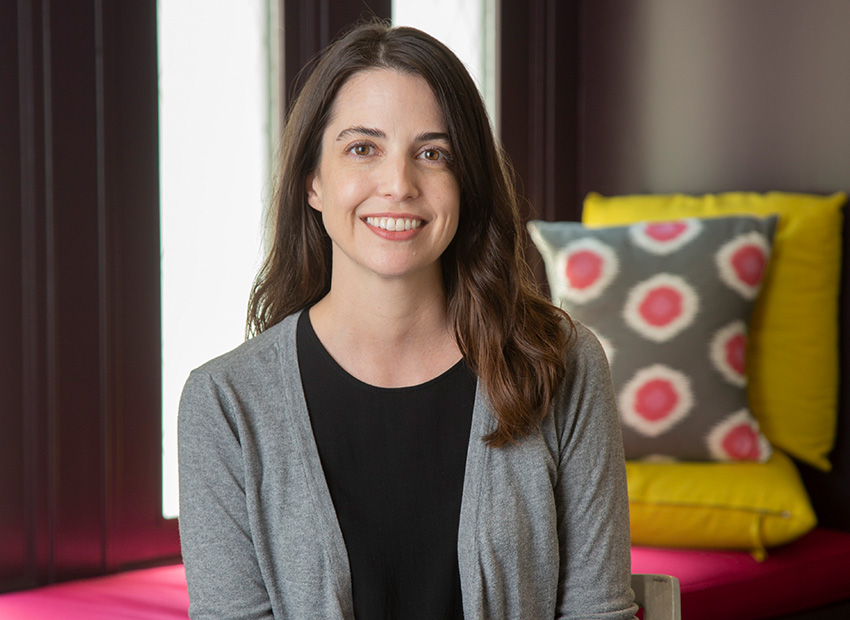Why NOT to use AI in Your College Essays
A few months ago I volunteered to read scholarship applications for a nonprofit organization. One essay prompt applicants must answer is more academic than personal in nature and, as I came across the first response to this prompt, I thought, "Hmm, this writing feels like AI [bland, generic, overly formal for a teenager], but I don't want to unjustly make that claim in my evaluation.” I also hadn’t been instructed to run the essays through any sort of AI/plagiarism checker, so I moved along.
But a couple of apps later, I came across an eerily similar essay. And then another. And then another. Even without an AI checker, it was clear the essays I was reading were at least, in part, AI-generated. It turns out, if multiple people feed the same prompt to an AI platform, that AI will give them not identical essays, but ones that share common sentences, phrasing, vocabulary, structure, and tone.
Before that day, it hadn't occurred to me that one of the “tells” of AI would be the sense of déjà vu a reader will encounter if reviewing multiple responses to the same or similar prompts. But educators around the world are already experiencing this. A recent Inside Higher Ed article quotes a professor in Ireland: “Across a batch of essays, you do start to notice the tics of ChatGPT essays, which is partly about repetition of certain words or phrases, but is also just a kind of aura of machinic blandness that’s hard to describe to someone who hasn’t encountered it—an essay with no edges, that does nothing technically wrong or bad, but not much right or good, either.”
So, imagine you are an admissions officer at a university who has to get through dozens (or, at some campuses, hundreds) of application essays in a day. How quickly do you think you would begin experiencing the déjà vu I (and the Irish professor) felt? I’m going to guess a matter of minutes.
Which brings me to the tl;dr of this article: DON’T USE AI TO WRITE YOUR COLLEGE APPLICATION ESSAYS. Or, to be more precise and quote the Cornell admissions office:
“Ethical uses of generative AI include researching colleges, brainstorming essay topics, and reviewing the grammar and spelling of your completed essays. Unethical uses include (but are not limited to) using generative AI to outline, draft, or write your essays.”
Caltech also has clear language on their admissions website about ethical uses of AI; I especially like this advice:
“If you are still wondering whether your use of AI in crafting your application is ethical, ask yourself whether it would be ethical to have a trusted adult perform the same task you are asking of ChatGPT. Would a teacher be able to review your essay for grammatical and spelling errors? Of course! Would that same teacher write a draft of an essay for you to tweak and then submit? Definitely not.”
Not just admissions offices have weighed in. The Common App now clearly states that, “Fraud may occur in the following circumstances without limitation: …Submitting plagiarized essays or other written or oral material, or intentionally misrepresenting as one’s own original work: (1) another person’s thoughts, language, ideas, expressions, or experiences or (2) the substantive content or output of an artificial intelligence platform, technology, or algorithm.” I hope all those links and quotes have effectively scared you away from having AI write your college essays! I understand if you’re intimidated by the idea of having to craft essays for your applications, especially if you’ve never felt confident in your writing abilities. But I promise you, admissions officers would rather read an essay written by you—in all your imperfect, real, human glory—than yet another essay that has the benignly blah fingerprints of AI all over it. Bright Horizons College Coach has offered tons of essay writing advice over the years. Browse our posts on everything from essay brainstorming tips to guidance on writing the University of California essays.






